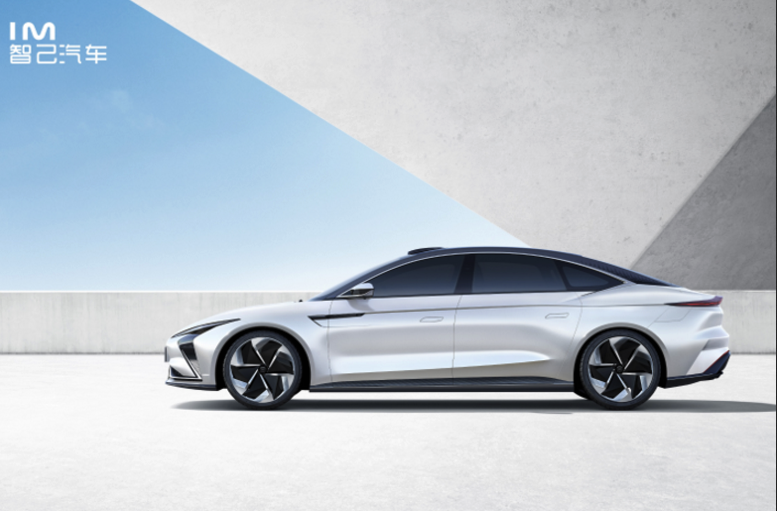
SAIC and Alibaba set up new IM e-car brand

SAIC Motor and internet giant Alibaba are launching a new EV brand ‘IM’ that stands for Zhiji Motor in Chinese and ‘Intelligence in Motion’ in English /Zhiji Motor
SAIC (Shanghai Automotive Industry Corporation), the biggest car manufacturer in China, and Alibaba, the 'Chinese Amazon' are launching a ne


Comments
Ready to join the conversation?
You must be an active subscriber to leave a comment.
Subscribe Today